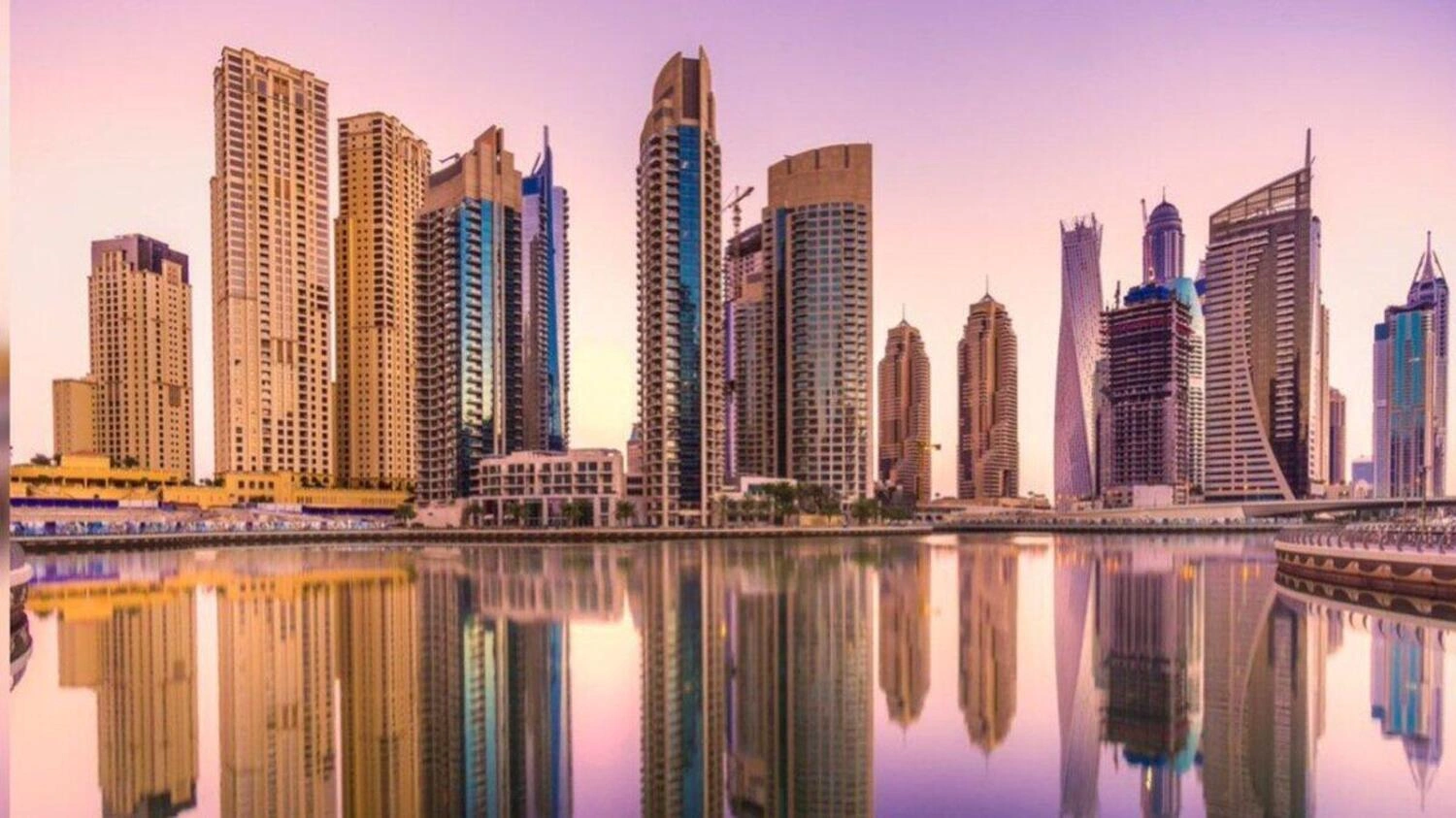Tenants in older Dubai buildings may have the chance to negotiate rental rates with landlords as more properties enter the market in the coming years.
Real estate experts suggest that landlords of older buildings might need to offer incentives to keep occupancy rates high. However, some areas are likely to experience rent declines in 2025 due to a surge in new property supply.
Tenant-Landlord Trends in 2025
The tenant-landlord relationship in Dubai is expected to change significantly in 2025. Trends such as more cheque payment options, long-term rental agreements, and renovated properties to attract tenants will dominate. Despite these shifts, rental prices are expected to rise at a slower pace compared to previous years.
According to reports, rental rates in Dubai are forecast to grow by around 10% in 2025, even as the market sees an increase in new property handovers.
Expert Opinions on Rental Trends
Rupert Simmonds, director of leasing at Betterhomes, noted that landlords have benefited from rising rents for several years. However, the rapid hikes of the past are unlikely to continue.
“Landlords may prioritize long-term tenancies to ensure stable income and make the most of current market conditions. For tenants, the hassle of moving and recent rent hikes mean many prefer longer rental periods. This trend benefits both landlords and tenants by reducing turnover costs and vacancies,” said Simmonds.
Simmonds highlighted that Dubai’s rental market is heavily influenced by population growth and new property handovers, with the city attracting people from across the world thanks to its lifestyle, culture, and financial advantages. In 2025, rental prices are expected to find a balance, supported by affordable options, commutable communities, and evolving demand.
Flexibility in Cheque Payments
Haider Tuaima, head of real estate research at ValuStrat, said landlords might need to offer flexible payment plans and renovate properties to attract tenants. “New tenants may have some room to negotiate rents, while existing tenants might see fewer or no rent increases,” he added.
Similarly, Ramjee Iyer, chairman of Acube Developments, said landlords will need to adapt to more cheque payments to appeal to tenants. “Holiday rentals are booming, and tenants may continue to explore areas outside central Dubai to get more space and better value,” Iyer explained.
Areas Likely to See Declines
While a city-wide drop in rents is unlikely, localised decreases may happen in areas with increased supply. These include non-prime locations like International City, Al Quoz, and Dubai Studio City, where significant new developments are expected.
Older buildings in popular areas like Bur Dubai and Deira might also face pressure to lower rents to compete with modern properties offering better amenities.
Conclusion
In 2025, Dubai’s rental market is set to evolve with new supply, tenant-focused incentives, and shifting dynamics. Tenants can expect opportunities for negotiations, especially in areas seeing strong new supply. However, rents are still predicted to rise modestly, driven by Dubai’s growing population and appeal.





